Three Decisions to Take That Make Life Easier in the Long Run
I felt inspired to write this post after a little incident today, a day of the full moon, incidentally, where I realised the huge value of taking a decision in the short term that would continue to benefit me in the long term.
We’re always tempted to take the easier path, it’s just human nature. Yet, as the saying goes, sometimes the easy choices lead us down harder paths, and the harder ones we make in the moment are the ones that create a smoother journey.
It’s all too easy to know something, but it’s a different thing altogether to embody it. We’re all the same – sometimes we have to learn the lessons over and over again before they are fully integrated within us. This doesn’t make us slow learners; it just means the embodiment of the lesson needs a little more time.
Learning life lessons is not about being fast or slow but about finding the courage to lean into them. There is no shame in taking our time to figure out our lives, to creep around a decision, and to sometimes make the easier choice in the moment. It’s like a muscle, it takes time to grow. And, as we mature, we begin to understand that there is no such thing as a right or wrong decision – there is only the decision we make at the level of consciousness we are in at that moment.
As we grow on our spiritual awakening and emotional healing journey, we will be confronted with these types of choices over and over again. It is the path of the brave, not the path of least resistance.
As we dive into the three decisions to take that make life easier in the long run (but perhaps feel a little harder in the short term), I want you to hold yourself in a place of compassion, love, and patience, for we are all only doing us best with the tools and knowledge we have.
No. 1 Learning to feel your emotions sooner, rather than later
The first decision to make is to face up to your emotions in the moment.
It is in this moment, when you feel raw, vulnerable, and exposed, that you are invited to step inwards and peer more deeply into the emotions under the surface that are rising up to be met. Quite often, we react to life rather than respond. Reacting comes from our deep subconscious, or our ego mind, which is born from all the patterning, programming, imprints, and conditioning that make up who we think we are.
When we react, we are not conscious in that moment. We are not capable of observing how we’re feeling – we’re too deep in the emotion that is being driven by the stronger subconsciousness within us. A good example of this is lashing out in anger or spiralling into stress and panic – but sometimes, it can be more subtle than that.
There are always emotions hiding under emotions. In fact, it’s rarely the emotion we react with that is the driver of the reaction, and I’ll give you a good example of this.
Today, I was in the park with my boyfriend and his good friend, along with his five-year-old son. We were playing games and being silly in the sun, and it was a lovely afternoon. But as we were playing a game, I won, and the boy burst into tears, crying in distress. There’s something about upsetting a child (especially when they’re not yours!) that brings a great deal of shame.
And that’s exactly what I felt.
On the surface, I felt silly, shameful, and embarrassed that I was the cause of this little boy’s upset. I could have let him win, I could have been more considerate and thoughtful. I immediately felt guilty, and the shame kept coming up in waves.
When we got home, I still felt this way, not knowing what was going on. So, in order to avoid feeling this anymore (due in part to the energies in my Soul Contract!) I decided to watch a film on Netflix to escape my emotions. But at the last minute, I made the choice not to. I recognised that this shame wasn’t going to go away, and I could either lean into it or let it hold me captive from the inside out.
Observing our emotions helps us to feel the deeper pain
You may think that this was a silly reaction to a silly thing, but sometimes, the lightest of incidents hold the deepest power for our healing.
Like a tiny splinter that causes great discomfort, it can be the smallest of things that transport us to a far deeper well of pain. In my case, my well of pain was the unworthiness that has often hidden in the deep crevices within me, not wanting to be recognised or released.
So, I sat with myself in silence, observing my feelings and looking my shame straight in the face. I was surprised by how much grief and anguish came to the surface in hot tears, wanting to be released. I did some tapping, I did some crying, I did a little inner child work, I did some chakra clearing in my throat and heart, and within 15 minutes, the emotion had lifted and released.
Immediately, I felt lighter and brighter, almost cleansed and cleared of what I no longer needed to carry. And it was the perfect catalyst that inspired me to write this post.
This is the power of facing into our emotions, instead of numbing them out through TV, food, social media scrolling, alcohol, or anything else.
There is no such thing as a bad or negative emotion, there are only the ones we embrace, and the ones we hide from. And, with practice, the process of facing into the emotions that feel heavy and hard becomes lighter and easier. And after the release, in the void that’s left, we find inspiration, peace, creativity, harmony, and love, most importantly, for ourselves.
And, in time, with wisdom and experience, we learn to respond, rather than react, allowing us to slide more gracefully through this life.
No. 2 Learning to speak up sooner, rather than later
The second decision to make is to have the conversation sooner, rather than later.
We all know how it goes; we need to speak to someone, but the idea of it feels too fearful, too overwhelming, or too much for us to handle, so we put it off. It may be speaking to our employer about our boundaries and work-life balance. It may be speaking to a housemate about something that’s making us unhappy or uncomfortable.
Whether it’s a partner, parent or friend, it’s a hard thing to do!
The thing is, the more we delay speaking, the more the feelings build up within us. A good example of this is the conversation you might want to have with your partner. Perhaps they aren’t giving you something you need, or they’re doing something that upsets or frustrates you. The sooner you speak to them, the more likely it is that they’ll listen and adapt to your needs – or at least take them into consideration.
However, the longer you delay, the more likely it is that the feelings will grow into something a little untameable and wild. It may be frustration that grows into anger, annoyance that morphs into resentment, or sadness that feeds into a deeper grief.
We all deserve to be heard, and we all deserve to speak our truth. However, for some of us, that’s a much harder thing to do, and there’s a whole range of reasons for that.
It may be that we have the 5-5 energy in our Soul Contract, which is all about learning to assert ourselves and speak up for the truth beating fiercely within our hearts. It could be that we have a block of fear from an overthinking, overactive mental body that’s projecting all the possible worst-case scenarios into our minds, causing us to angst and worry about something that hasn’t even happened yet.
Or we may have had a similar experience in the past, and the trauma and memory of it is still unrelentingly hard-wired into our nervous system.
Coming into a conversation may therefore feel like a huge step, and one that still needs a little tenderness, compassion, and healing before it can be reached.
Expressing yourself to find peace within
The thing is, the sooner we say our piece, the more peaceful we’ll actually feel.
If we let a situation drag on, we are doing a great disservice to ourselves. This doesn’t mean we need to impulsively leap into a conversation without feeling ready. While it’s normal to feel nervous before what may feel like a confrontation, we can prepare for it.
This means taking the time to consider how best to have the conversation – the when, the where, and the how. It also means practising what you might say and how you might say it. This isn’t a silly thing to do, it’s always served me incredibly well to practise what I might say, and have a few notes in front of me if I need them.
It also means levelling your expectations of how the conversation will go. Hold your intention for an outcome that is for the highest and best good – for both you and the other person – and make sure you give them space to talk, and for you to listen, so the conversation is balanced.
I recently had to have a difficult conversation I was very nervous about, which was letting go of working for someone (and the resentment here was really growing strong!). The thing that served me best was everything I’ve just shared. I took my time with the decision, I prepared for it, I cleared the fear around it, I held the intention, and I practised. And the outcome? It was so graceful and it couldn’t have been a smoother process to find someone to replace me.
Honour yourself and have the conversation sooner. You’ll save yourself emotional stress and step into another level of growth that was waiting in the wings for your courage.
No. 3 Learning do the hard things sooner, rather than later
The third decision to make is to do the hard jobs sooner, rather than later.
This is an obvious one, but it’s always the obvious choices that are the hardest to actually do. It may seem easy, but it’s deceptive in its simplicity. When we do the hard tasks first, we are essentially building our self-worth, and this is the most challenging thing for most of us to lean into. But when we avoid the tasks we don’t want to do, it’s nothing to do with laziness or poor time management. It’s actually all to do with fear.
We can all get stuck in that destructive cycle of procrastination, where we never do the things we really need to do.
Procrastination has long been misunderstood. It’s not laziness – it’s rooted in not having the confidence or belief in ourselves that we can actually complete a task. It stems from self-doubt, fear of failure, fear of getting it wrong, and the judgement that comes with that.
We procrastinate because we want to avoid feeling those deep feelings of shame, failure, and fear.
A good example of that is when I didn’t want to do my accounts (and I write about this one a lot as it’s all about managing money – something the 12-3’s in my Soul Contract are really here to learn!). I used to be terrified of doing my accounts; scared of seeing all the money I hadn’t made, the money I should have made, or the tax I owed but didn’t have.
Money is deeply tied to worthiness, and facing those feelings was the last thing I wanted to do.
That fear pulled me into a procrastination spiral, leaving everything to the last minute and triggering unnecessary stress and panic.
Now? I do my accounts at the end of every month. And I really don’t want to brag here, but it’s been a game-changer.
Instead of fear, I feel a sense of command, not control, but command, over myself, my finances, and my life. And that is such a refreshing and empowering shift.
Feeling overwhelmed is a sign to slow down
Alongside procrastination, we can also get stuck in overwhelm. Where we have so many things we want to accomplish, we just freeze in order to avoid feeling the stress. When we overload ourselves with tasks, lists, and chores, we experience constant low-level stress that keeps us busy but not truly moving forward.
It’s also a clever ego tactic to keep us distracted with all the small stuff, so we don’t get around to facing up to the bigger, and more important, tasks.
To shift this, we need to look at why we’re piling so much onto our plates. If you have the 6 or 12-3 energy in your Soul Contract, you might recognise this scattered energy where we are often kept running around in circles and distracted from what really matters.
Prioritising the important things isn’t just about productivity, it’s about prioritising our inner peace. That’s a powerful form of self-care. It reminds us that we don’t need to do more to be more, which is a classic trick of the ego that keeps us locked in cycles of low self-worth. If we’re feeling overwhelmed by all the things we have to do, it’s a sign that we need to slow down and really feel what’s driving us to be so busy.
Slowing down, alongside re-prioritising, is key here.
When we face the harder tasks first, we’re choosing to meet our fear and unworthiness with courage and strength. And the more we do this, even in the tiniest ways, the more we build a foundation of self-belief, confidence, and self-love.
And here’s the thing, emotional and spiritual healing doesn’t happen in far-flung places. It happens in our kitchens, with our families, doing the washing up, sitting in traffic, doing our accounts; right in the middle of real life.
So do the harder things now. Life will get easier. That’s my promise to you. Short-term pain brings long-term gain, so go get it.
Further Support & Resources
If you’re navigating emotional challenges or feeling weighed down by old patterns, here are a few gentle ways to support yourself:
Discover your Soul Contract
Gain insight into the hidden patterns shaping your reality, and understand why certain emotional themes keep repeating in your life.Join a Group Healing session
Experience a shared, guided space for emotional release and support, and connect with others on a similar path.Explore Divine Healing
Work one-to-one to release emotional patterns, trauma, and limiting beliefs, so you can feel more at home in who you are.Stay connected
Join my newsletter for monthly updates alongside the latest insights from the blog.



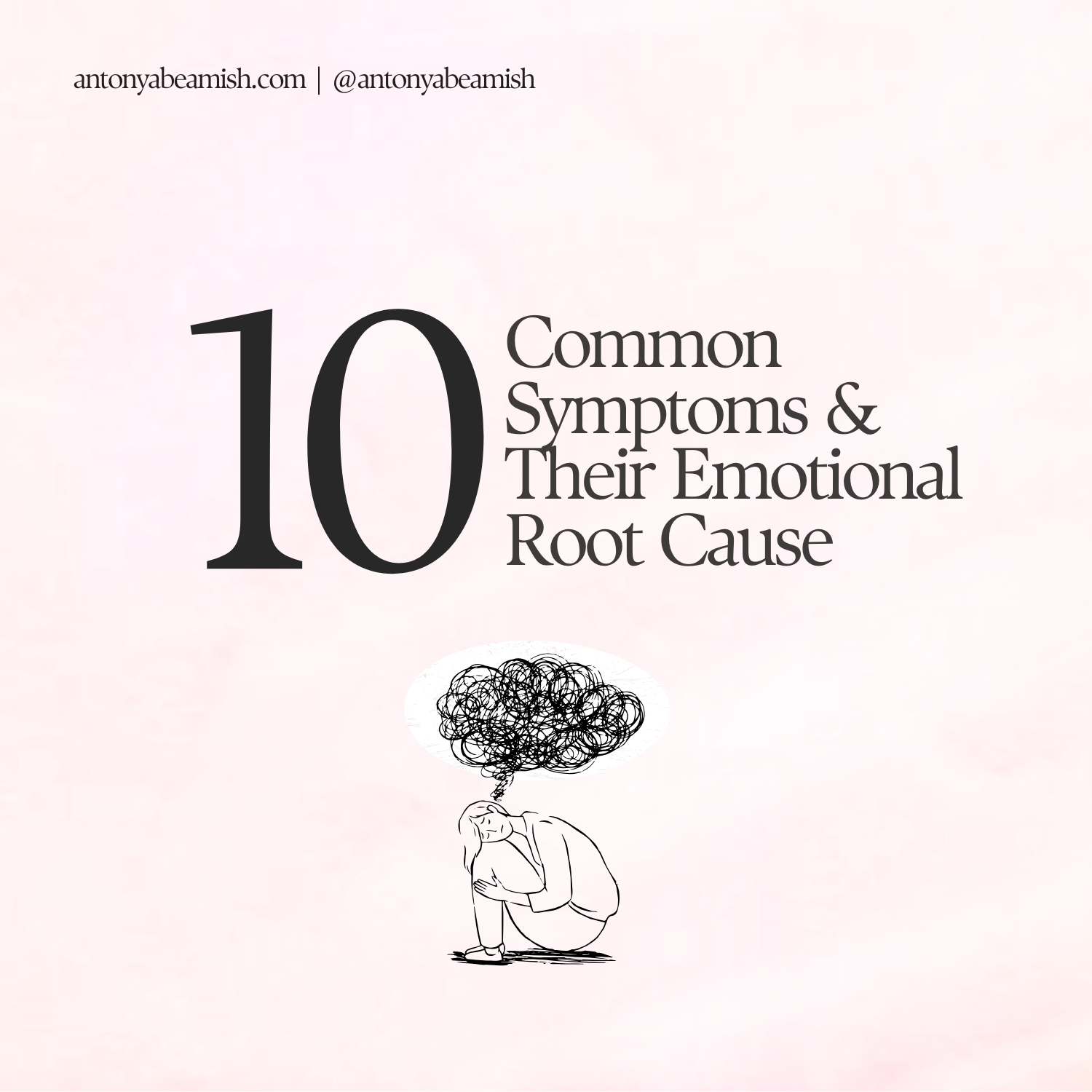
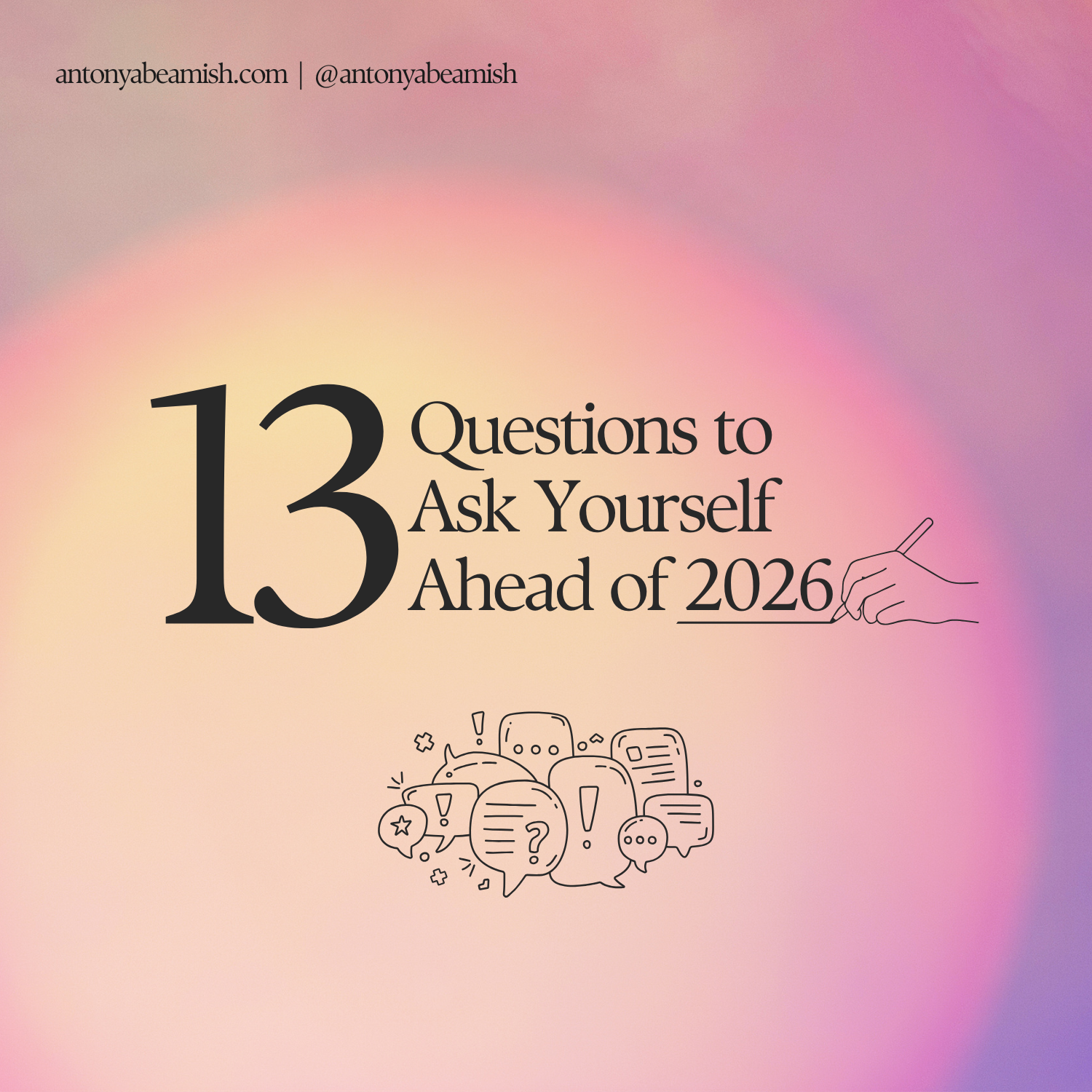







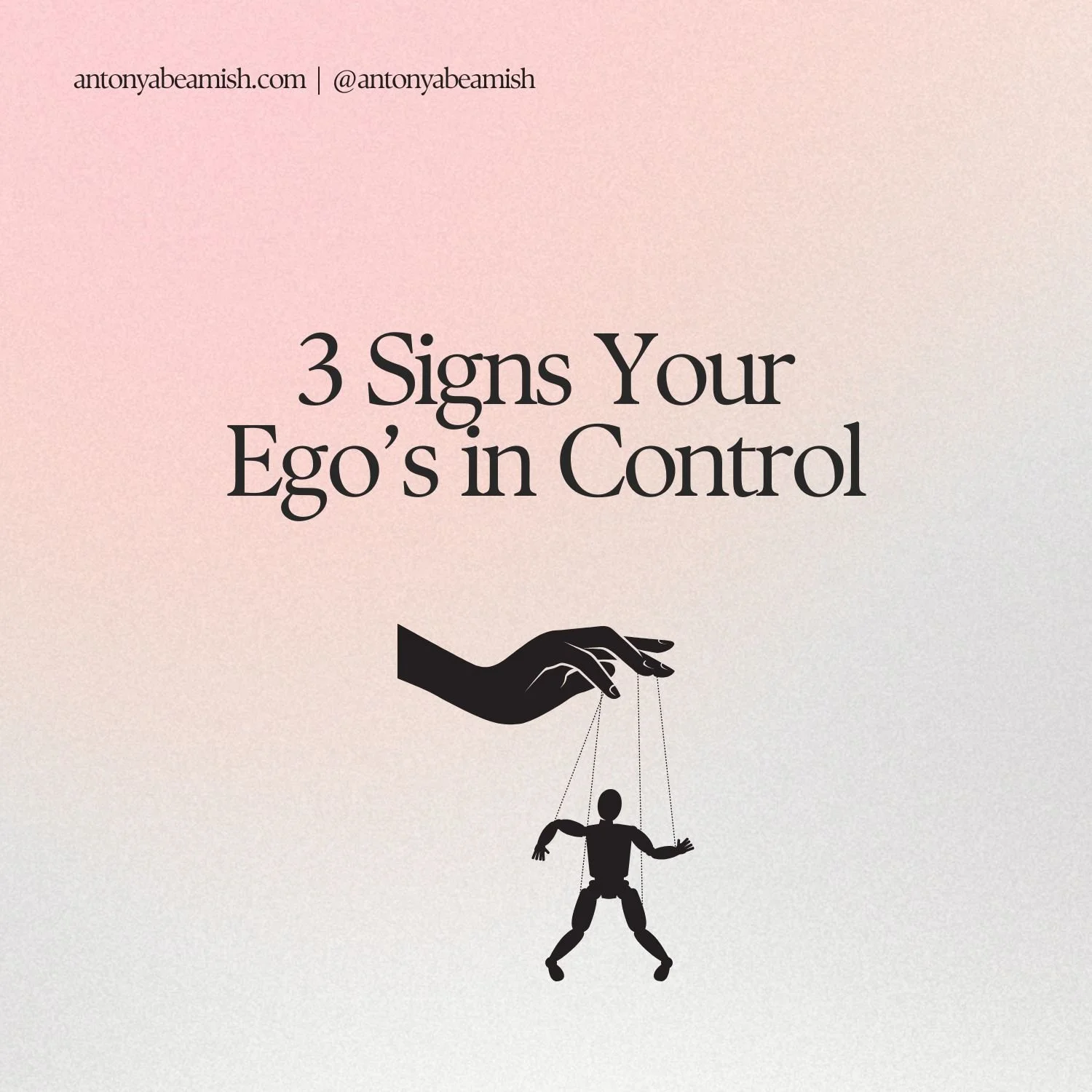

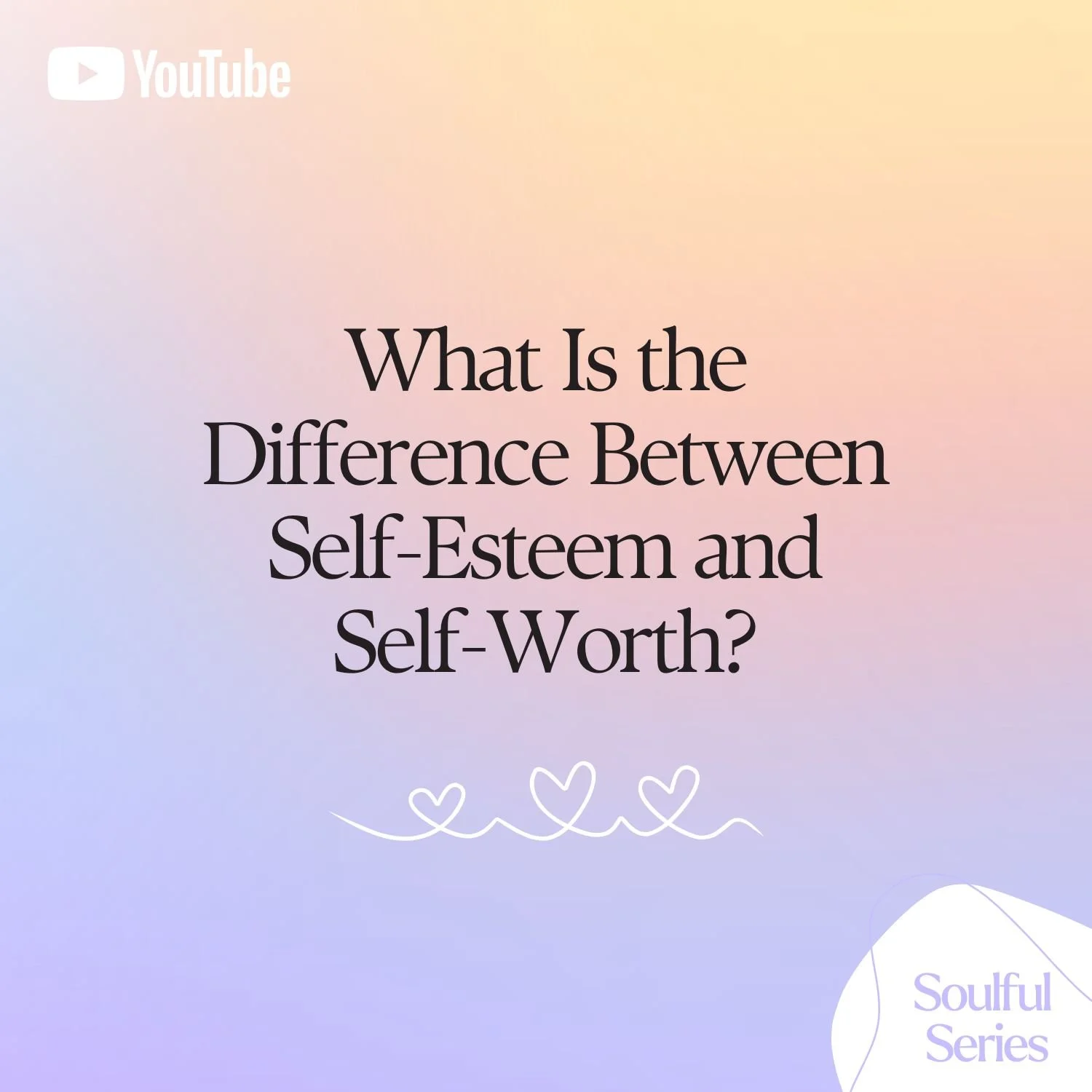

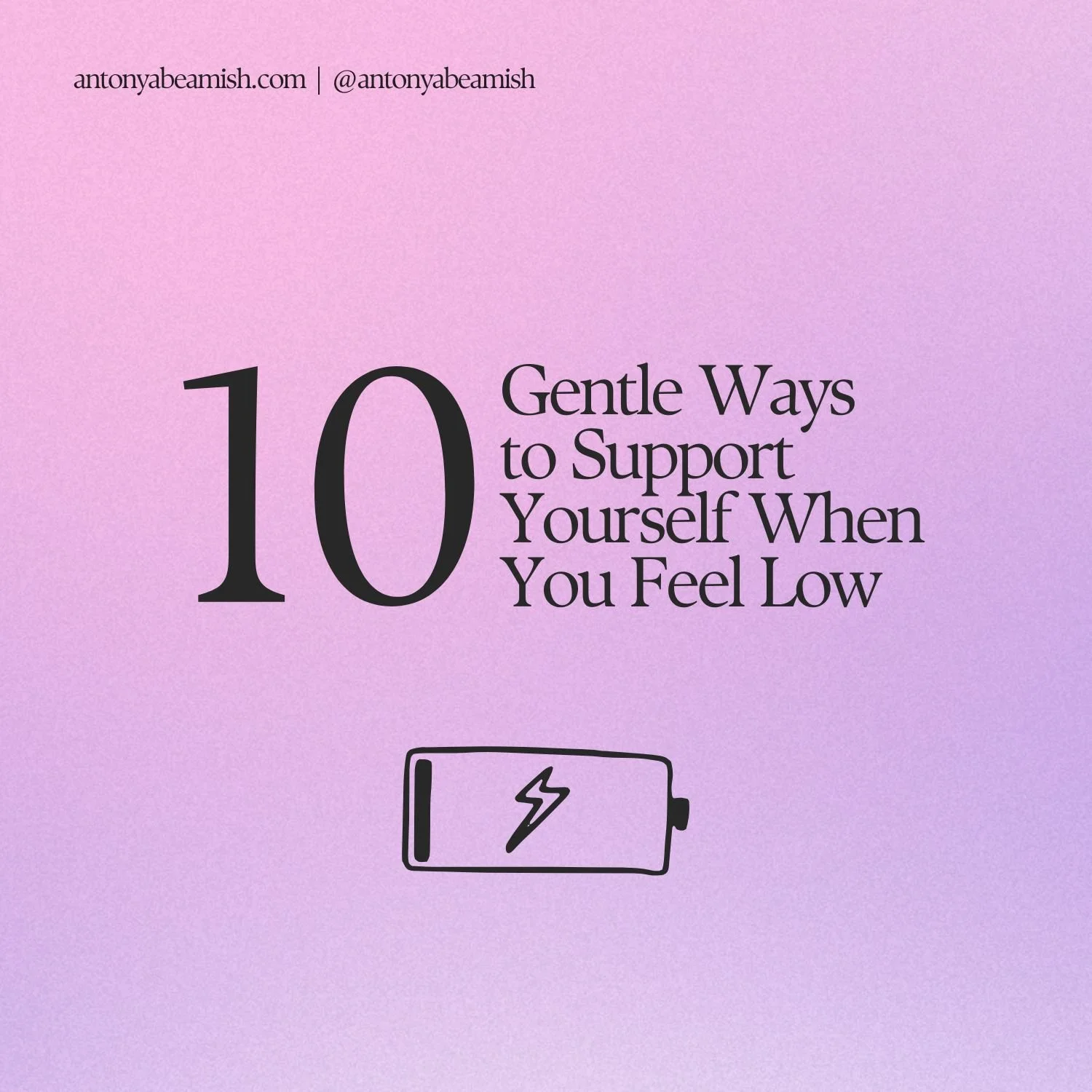
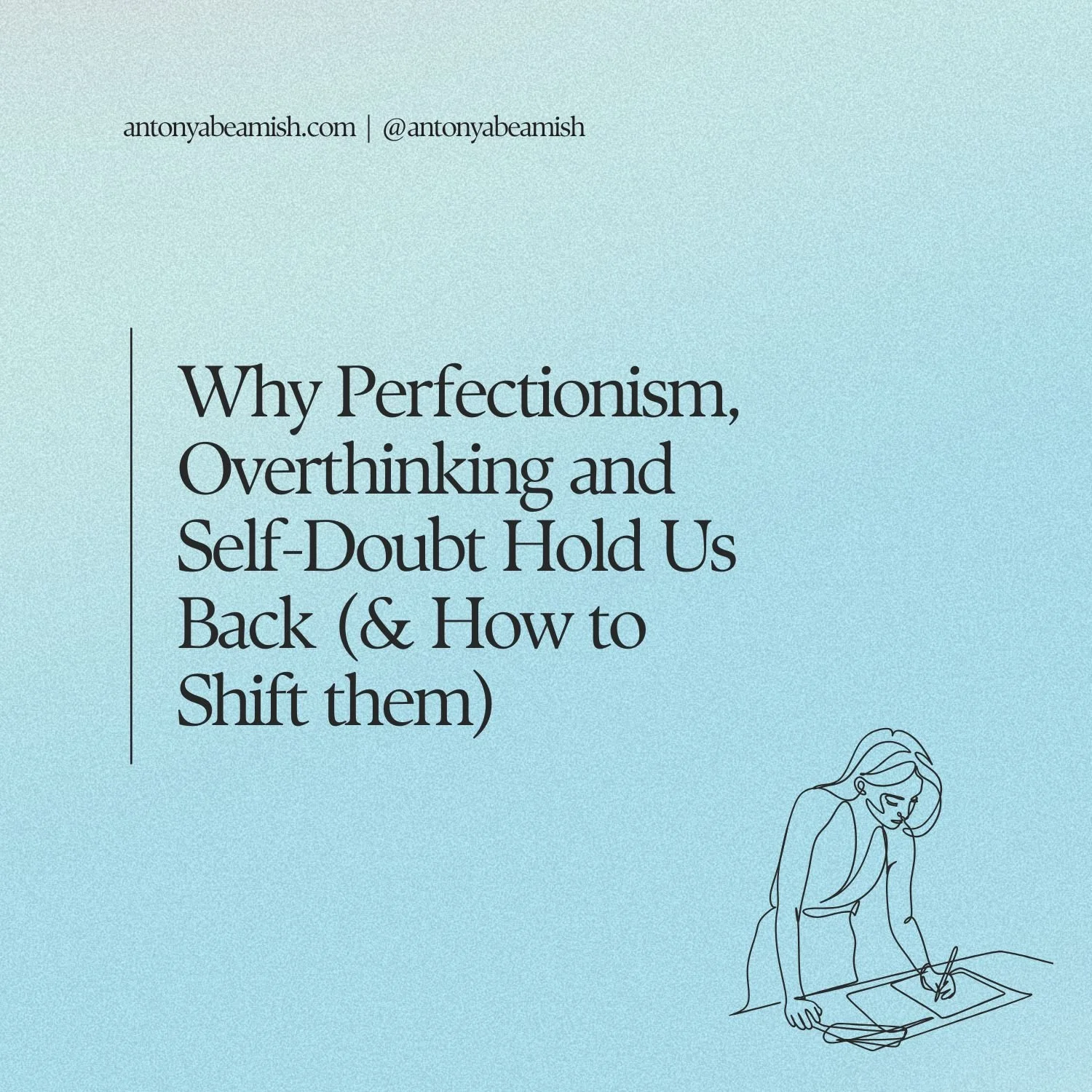














A deeper look at five of the most powerful and rarely seen Divine Healing charts. In this post, I explore Human Givens, Karmic Monads, Realising Gifts and Talents, Shadow Energies and Abundance, and how these profound charts work layer by layer to release subconscious programming and shift you at the core.